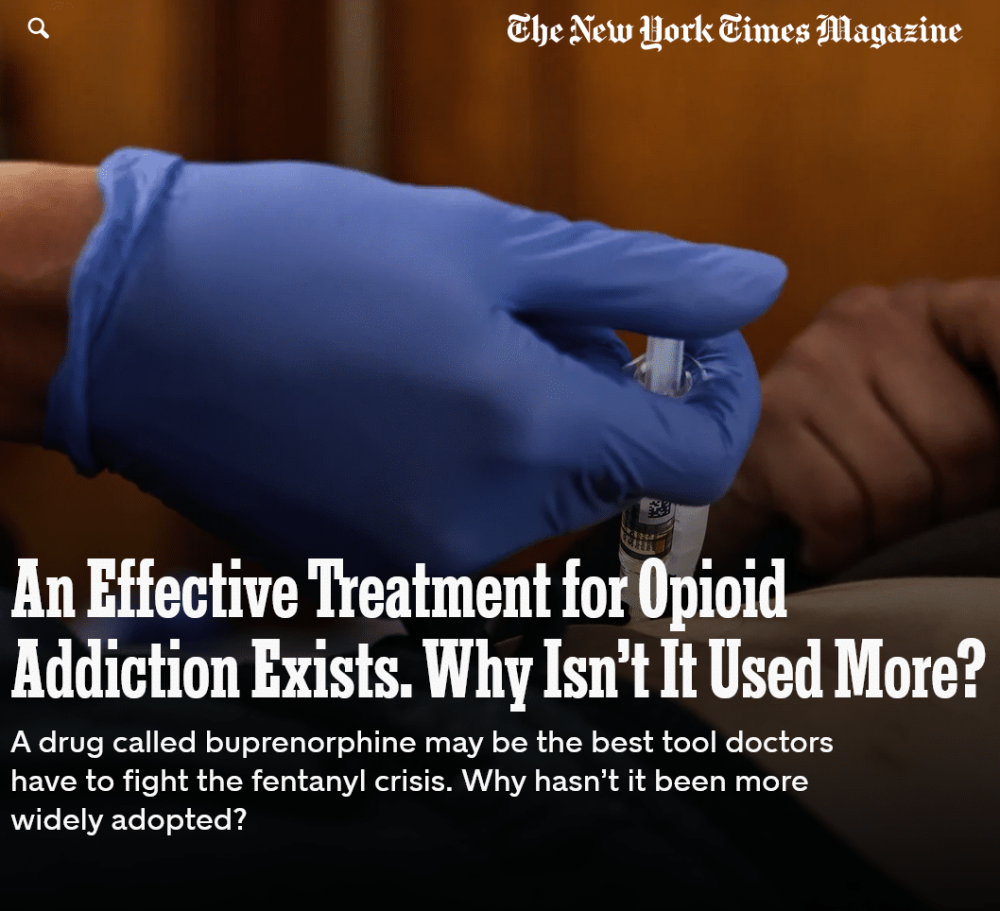Getting sober is one of the greatest gifts you can give yourself and your loved ones. Staying sober can be challenging, but a solid recovery plan can help you succeed.
The first step in recovery from a substance use disorder involving drugs or alcohol is detox. Detox begins when you stop using an addictive substance and is the process your body experiences as it purges toxins.
Withdrawal symptoms are typically at their worst during the early stages of detox. Symptoms occur as your body struggles to regain balance and normal function and adapt to the absence of the addictive substance.1
It is crucial to understand that while completing a detox program is a huge accomplishment; it is not a cure for drug or alcohol addiction. Researchers at the National Institute of Drug Abuse warn, “Detoxification alone without subsequent treatment generally leads to resumption of drug use.” Experts recommend you follow up detox with individual and family psychotherapy, medication (if applicable), and support group participation to increase the likelihood of long-term recovery.2
Medical Detox
The severity of withdrawal symptoms during detox depends on many factors, including the addictive substance used, how much and for how long you used it, and whether you have co-occurring physical or mental health issues. Your age and overall physical and psychological health can also affect the intensity of withdrawal side effects.
Because withdrawal effects can be uncomfortable at best and severe or life-threatening at worst, health professionals recommend medical detox for most people. During medical detox, you are monitored continuously by health professionals who specialize in addiction medicine. Their goal is to keep you safe and as comfortable as possible.
How to Stay Sober After Detox
Although addiction is a chronic disease, you can learn to manage it and thrive as a sober person. With professional help and lifestyle changes, and by making recovery the central focus of your life, your chances of staying sober after detox are excellent.
Individual, group, and family counseling with a therapist specializing in addiction recovery is invaluable for long-term recovery. Addiction professionals can help you identify and resolve the root causes of your addiction and give you the tools to maintain your sobriety even when confronted with challenging situations.
Learn to Avoid or Manage Triggers
Triggers include people, places, situations, or emotions that you associate with past addictive behavior. Triggers can cause powerful cravings for the substance you abused and can lead to relapse.
Common triggers include:3
- Stress
- Isolation
- Anxiety or depression
- Environmental cues
- Problems with personal or professional relationships
- Financial or legal problems
Learning to identify your personal triggers and preplanning how you will avoid or manage triggers before they arise is crucial to preventing relapse.
Recognize Warning Signs of Relapse
Relapse means to resume using your addictive substance of choice. Although relapse is not uncommon, it rarely occurs without warning signs. An article published in the Yale Journal of Biology and Medicine states that relapse is a gradual process and one you may be able to avoid if you understand the warning signs.
Change what needs to be changed to stay sober. That may mean avoiding old friends, habits, and haunts, moving to a new neighborhood, severing a toxic relationship, and seeking out sober people and activities.
It is much easier to stay sober if you are physically, mentally, and emotionally healthy. Commit to a lifestyle that fosters good health.
The authors of the Yale article suggest:4
- Change your life (make it easier not to use)
- Be honest (dishonesty is a relapse trigger)
- Don’t be afraid to ask for help
- Practice self-care, adopt a healthy lifestyle
- Don’t bend the rules
Build Healthy Relationships
Healthy relationships are a vital part of sobriety. Severing relationships with those who threaten your continued sobriety is crucial. Whether it is a person you used to drink or use drugs with or a person who has otherwise triggered or enabled your past addictive behavior5, continued association increases your risk of relapse.6
An addiction counselor can help you recognize an unhealthy relationship and determine whether that relationship can be saved. Learning how to communicate better, the importance of setting boundaries, and the improvement of other interpersonal skills may transform the relationship into a positive one.
Support Goup
Group counseling is an essential component of an effective rehabilitation program, with group members supporting one another as they seek to change their lives. Once you complete inpatient or outpatient treatment, continued participation in a support group is essential.
Support groups like AA, NA, and many others provide a community of people who understand what you’re going through, helping and encouraging you to stay sober. Although AA and NA are spiritually based programs, many support groups are secular.7 Studies find support groups, also called mutual-help groups, play a vital role in recovery.8
Continuing support after medical detox and rehab is key to avoiding relapse. Therapy, support group participation, and prioritizing your physical and mental health can keep you on your recovery path.
How You Can Help Protect Your Sobriety
Incorporate as many of the following practices into your daily life as possible to support your sobriety.9
- Make sobriety and your mental health your number one priority.
- Commit to a healthy lifestyle. Mind-body practices like yoga, meditation, mindfulness, and relaxation techniques reduce stress, which is a powerful trigger to relapse.
- Exercise creativity. Music, dance, art, and other artistic expressions lift the mood.
- Isolation is dangerous for those in recovery. Forge healthy, sober relationships.
- Practice positive thinking and avoid negative news, movies, and people.
- Eat a healthy diet, get sufficient sleep, and exercise daily. Walking and connecting with nature can lift your spirits.
- Volunteer in your community. Getting outside yourself to help others is beneficial for your mental health.
- Take time to have fun and engage in sober activities with like-minded people.
Gallus Medical Detox
Detox and rehabilitation from alcohol or drug addiction don’t have to be frightening. Our expert team will ensure you are safe and comfortable as we guide you through medically supervised detox and manage withdrawal symptoms. Once you complete inpatient detox, we will help you find the long-term recovery plan that best ensures your continued sobriety.
Sources
- https://www.verywellmind.com/what-is-withdrawal-how-long-does-it-last-63036
- https://nida.nih.gov/publications/drugs-brains-behavior-science-addiction/treatment-recovery
- https://www.verywellmind.com/tips-for-staying-clean-and-sober-67900
- https://www.ncbi.nlm.nih.gov/pmc/articles/PMC4553654/
- https://www.verywellmind.com/enabling-alcoholic-is-not-helping-63297
- https://www.verywellmind.com/developing-healthy-relationships-to-maintain-abstinence-69450
- https://www.verywellmind.com/secular-alcohol-and-drug-rehab-programs-67702
- https://pubs.niaaa.nih.gov/publications/arh334/350-355.htm
- https://www.health.harvard.edu/blog/how-to-avoid-a-relapse-when-things-seem-out-of-control-2020113021512


 Steve B
Steve B 
